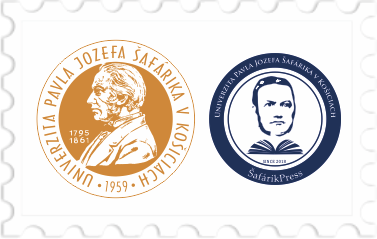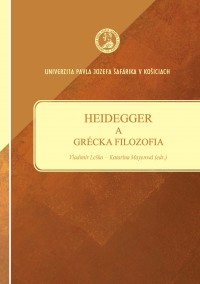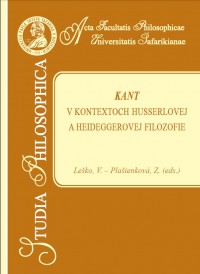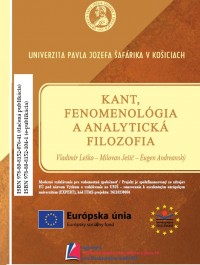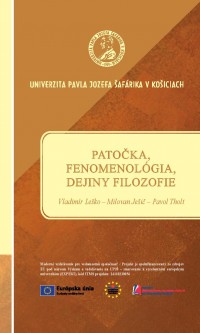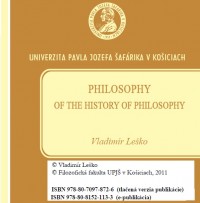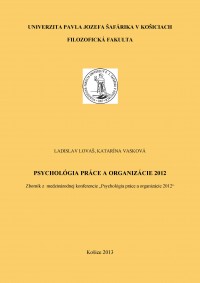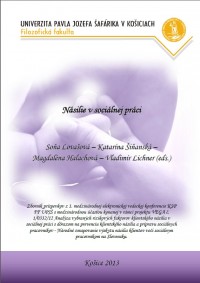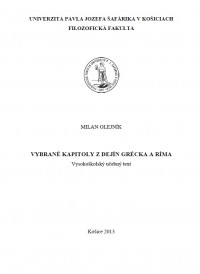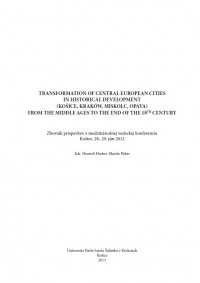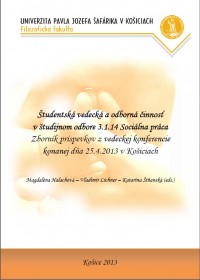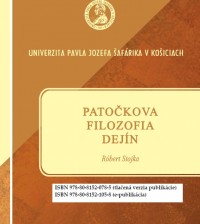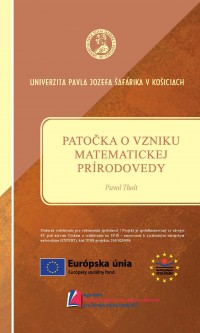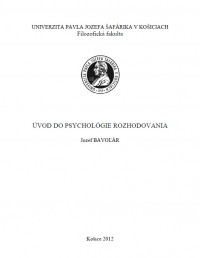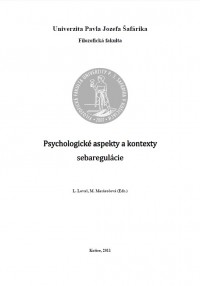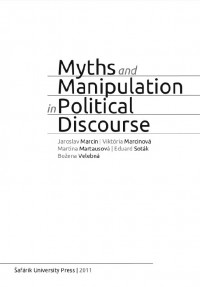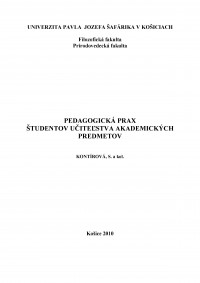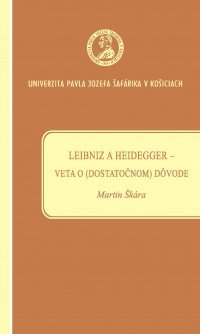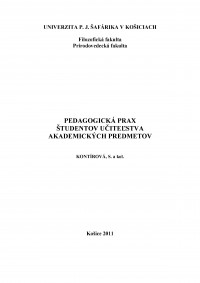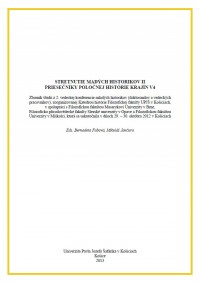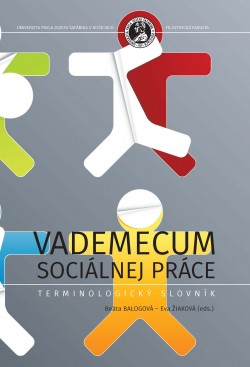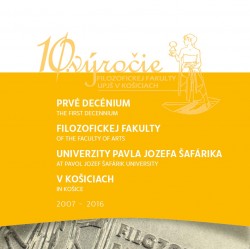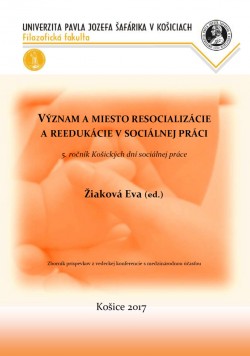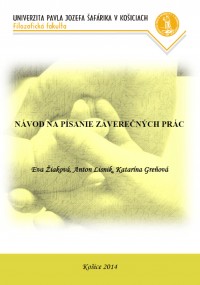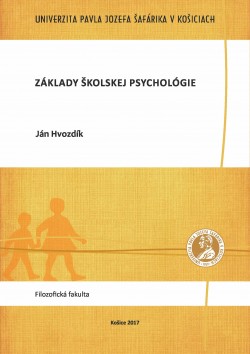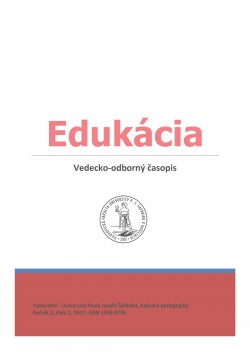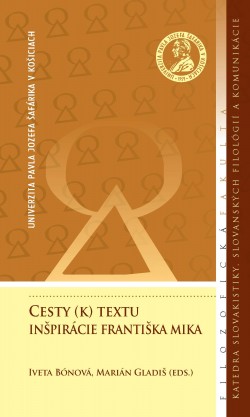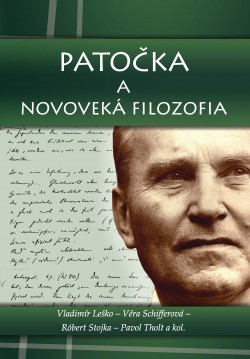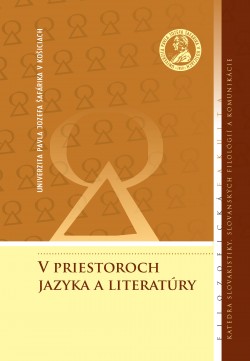NIETZSCHEHO CIRCULUSCIRCULUS VITIOSUSVITIOSUS
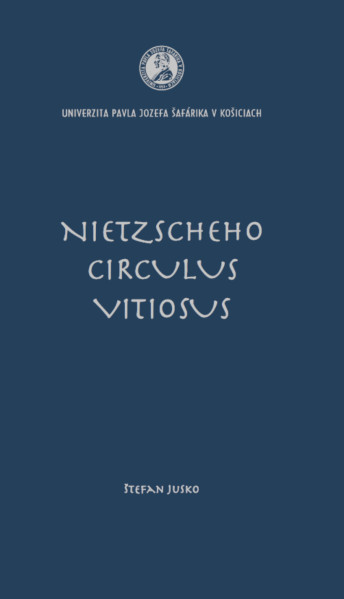
Ďalšie informácie
| Autor: | Štefan Jusko |
| Rok vydania: | 2021 |
| Vydanie: | 1. vydanie |
| Typ dokumentu: | monografia |
| Jazyk publikácie: | slovenčina |
| Fakulta/pracovisko UPJŠ: | Filozofická fakulta UPJŠ |
Popis
Cieľom monografie je nadviazať na štúdiu P. S. Loeba, v ktorej prezentoval významný zvrat v otázke interpretácie Nietzscheho myšlienky večného návratu toho istého. V čom onen zvrat spočíval? Navzdory významným znalcom Nietzscheho filozofie 20. storočia, ktorí myšlienku večného návratu odmietali pre jej logickú nesúvislosť, Loeb totiž erudovane preukázal časovú identitu večného návratu toho istého, a tým verifikoval aj logickú súvislosť predmetnej myšlienky.
Prvá kapitola predstavuje Nietzscheho kritiku príčinného myslenia z hľadiska myšlienky večného návratu, ktorá nepripúšťa existenciu metafyzických alebo iných príčin. V následnej kapitole je venovaná pozornosť interpretácii Nietzscheho myšlienky vôle k moci od Müller-Lautera, ktorý štyridsať rokov pred Loebom urobil zvrat v náhľade na túto myšlienku – poukázaním na to, že vôľa k moci nie je jedna, ale vyznačuje sa pluralitným charakterom. Svet a život z hľadiska myšlienky vôle k moci je teda možné vidieť inak ako optikou príčinného myslenia. Následná kapitola je venovaná logickej koherencii myšlienky večného návratu z dielne P. Loeba.
V druhej časti monografie je už formulované stanovisko jej autora k námietke mnohých významných interpretátorov myšlienky večného návratu, ktorou je nespochybniteľná konečnosť ľudskej existencie a s ňou aj absencia overenia predmetnej myšlienky jej možnou skúsenosťou. Sú v nej formulované aj námietky k Loebovej hypotéze substanciálneho spojenia po sebe nesledujúcich návratov, na ktoré sa v istom okamihu môžem rozpomenúť. V kapitole venovanej epochálnemu povedomiu večnosti je formulovaná hypotéza, ktorou je možné poukázať na kolektívnu skúsenosť večnosti, ktorej význam je v každej epoche dejín iný. V tomto zmysle je možné chápať myšlienku zmien epoch na základe premeny epochálneho povedomia jednej podoby večnosti do podoby druhej aj ako rudimentárny náčrt netradičnej filozofie dejín.
Záverečná kapitola je venovaná Nietzscheho požiadavke existenciálnej premeny čitateľa jeho prác. Odpoveďou k jej opodstatnenosti, resp. k jej naplneniu je skoro v celej monografii artikulovaná otázka nášho náhľadu na pohyb času. Nietzsche predstavu pohybu času v smere progressum in infinitum odmieta, lebo progres, neustály rast, tvorba nového a nového je – vo svete, v ktorom nejestvuje počiatok – niečo nemožné, logicky chybné. Svojou predstavou času v pohybe kruhu ruší pohyb in infinitum, a to kladením dôrazu na tento tu okamih, z ktorého či postupujem dopredu, alebo dozadu, vždy sa vrátim – k tomu samému okamihu. Možno zmena náhľadu na pohyb času je zároveň aj udalosťou existenciálnej premeny našej existencie, resp. premeny epochy nekonečného progresu.
***
This monograph aims at following the study of P. S. Loeb in which he presented a significant turning point in the issue of the interpretation of Nietzsche's idea of the eternal return of the same. What was that reversal? Despite prominent scholars of Nietzsche's philosophy of the 20th century who rejected the idea of eternal return because of its logical incoherence, Loeb eruditely proved the temporal identity of eternal return of the same, thus verifying the logical connection of the idea concerned.
The first chapter presents Nietzsche's critique of causal thinking in terms of the idea of eternal return, which does not allow the existence of metaphysical or other causes. In the following chapter, attention is paid to the interpretation of Nietzsche's idea of the will to power by Müller-Lauter, who forty years before Loeb made a turnaround in the view of this idea - pointing out that the will to power is not one but pluralistic. The world and life in terms of the idea of the will to power may therefore be seen differently than through the lens of causal thinking. The following chapter is devoted to the logical coherence of the idea of eternal return from the workshop of P. Loeb.
The second part of the monograph already formulates the opinion of its author on the objection of many important interpreters of the idea of eternal return, which is the unquestionable finiteness of human existence and with it the absence of verification of the idea by its possible experience. Objections are formulated to Loeb's hypothesis of a substantial connection of consecutive returns, which I can recall at one point. In the chapter devoted to the epoch-making awareness of eternity, a hypothesis is formulated, which may be used to point out the collective experience of eternity, the meaning of which is different in each epoch of history. In this sense, it is possible to understand the idea of changes of epochs based on the transformation of the epochal consciousness of one form of eternity into the form of another as a rudimentary sketch of non-traditional philosophy of history.
The final chapter is devoted to Nietzsche's demand for the existential transformation of the reader of his works. The answer to its justification or fulfilment, is in the question of our view of the movement of time articulated in almost the entire monograph. Nietzsche rejects the idea of the movement of time in the direction of progressum in infinitum, because progress, permanent development, creation of the ever new is - in a world in which there is no beginning - something impossible, logically erroneous. With his idea of time in the movement of the circle, he cancels the movement in infinitum by emphasizing this moment here, from which, whether I move forward or backward, I always return - to the same moment. A possible change in the view of the movement of time is also an event of the existential transformation of our existence or transformation of the era of infinite progression.
